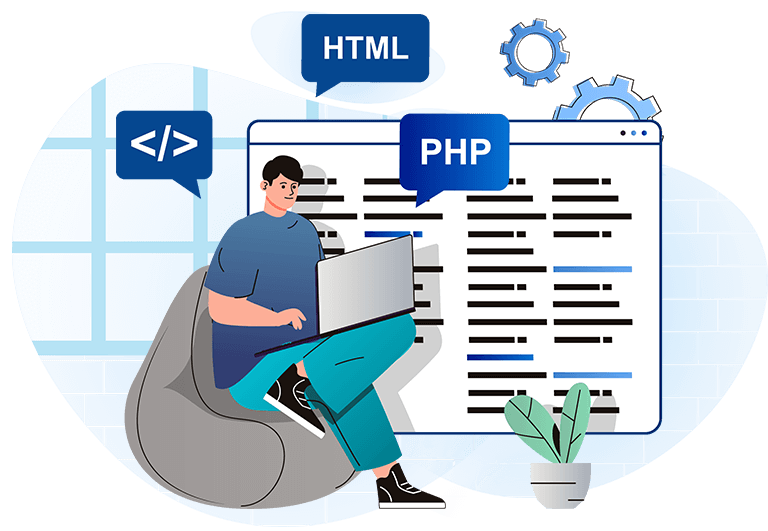Blitz News Digest
Stay updated with the latest trends and insights.
PHP Development: Where Bugs Meet Their Match
Unleash your coding skills! Discover how to tackle pesky bugs in PHP development and boost your programming prowess today!
Top 5 Common PHP Bugs and How to Fix Them
When working with PHP, developers often encounter a range of bugs that can hinder the functionality of their applications. Understanding these common issues can save considerable time and effort. In this article, we will explore the Top 5 Common PHP Bugs that many developers face:
- Undefined Index: This occurs when you try to access an array element that does not exist. To fix it, always check if the index exists using
isset()orarray_key_exists(). - Syntax Errors: Often due to typos or misplaced punctuation, syntax errors can be easily avoided with careful coding practices and a robust IDE. Always double-check your code for misplaced semicolons and brackets.
Continuing with our list of common PHP bugs, we have:
- Incorrect Data Type: PHP is loosely typed, which can lead to unexpected results when comparing values. Use type casting or function
gettype()to ensure you're using the correct data type. - Database Connection Errors: Many PHP applications rely on MySQL databases, and misconfigurations can lead to connection failures. Ensure that your credentials and server settings are correct, and use error handling to manage connection issues gracefully.
- Uninitialized Variables: Attempting to use a variable that hasn't been initialized can lead to warning messages. Always initialize your variables before use to maintain cleaner code. Addressing these common bugs will greatly improve your PHP coding experience.

Understanding PHP Error Handling: A Comprehensive Guide
PHP error handling is an essential aspect of developing robust web applications. Understanding how to manage errors not only helps in diagnosing issues but also enhances the user experience by providing meaningful feedback. PHP offers several built-in functions for error handling, including error_reporting() and set_error_handler(), which allow developers to customize how errors are reported and handled. By using these functions, developers can choose to display errors, log them to a file, or ignore them altogether, depending on the needs of the application.
In addition to built-in functions, PHP also supports exception handling through the try, catch, and finally blocks. This error handling model allows developers to catch exceptions thrown during the execution of a script and handle them gracefully. For instance, understanding PHP error handling means knowing when to throw exceptions for critical errors and how to implement fallbacks. By leveraging the power of exceptions along with traditional error handling techniques, developers can ensure that their applications are not only more secure but also easier to maintain and debug.
How to Optimize Your PHP Code for Better Performance
Optimizing your PHP code for better performance is crucial for enhancing your website's speed and efficiency. Start by utilizing built-in PHP functions whenever possible, as these are optimized for performance. Additionally, consider implementing opcache, which caches the compiled bytecode of your scripts, significantly reducing execution time. Another effective strategy is to minimize the use of expensive operations, such as file I/O or database queries. Prioritize prepared statements to enhance both speed and security when interacting with your database.
Furthermore, always ensure your PHP version is up to date, as each release comes with performance improvements and new features. Use profiling tools such as Xdebug or Blackfire to analyze your code's performance and identify bottlenecks. Implementing caching systems like Redis or Memcached can drastically improve response times by storing frequently accessed data. By following these best practices, you’ll not only enhance the performance of your PHP applications but also provide a better experience for your users.